By Cláudia Correia and Ricardo Macedo, HASLab’s Researchers
The current year has been very atypical, in every sense, and everyone is looking forward to the “turn of the page”. Nonetheless, life goes on. In this new era, teleworking became a reality, as well as the dozens of Skype and Zoom meetings that occur every week, the deafening noise of your neighbours’ house renovation, and the constant crying for attention from our four-legged friends.
So, how about internships? Well, although traveling is on hold, many people have decided to carry out remote internships — and this is where our experience comes in.
Earlier this year, we started collaborating with Dr. Jason Haga and Dr. Yusuke Tanimura, from the National Institute of Advanced Industrial Science and Technology (AIST), in Tsukuba, Japan. This collaboration took place within the scope of the BigHPC and PAStor projects, currently being developed by INESC TEC. In early 2020, after several meetings, they invited us to do an internship at AIST, which would be held in the summer. However, the pandemic situation rapidly evolved and the world entered a state of emergency and forced lockdown.
Since the collaboration was already underway, we were advised to proceed with a remote internship.
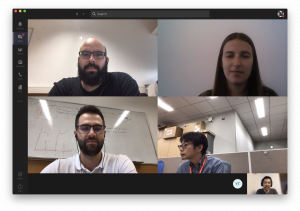
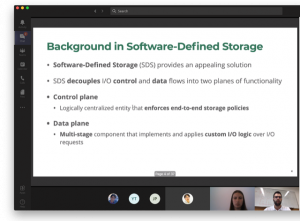
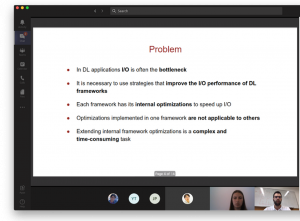
And so we did … for two months, we worked on storage systems to improve the performance of High-Performance Computing (HPC) infrastructures. During this time, we had the opportunity to collaborate with top researchers and to work with the supercomputer “AI Bridging Cloud Infrastructure” (ABCI).
To get the most out of this experience, we also carried out brief cultural assignments, with the intention of understanding the Japanese culture a little bit better. Of particular interest, we addressed the history between Portugal and Japan, as well as the Portuguese influence on cuisine, culture, and linguistics; the Japanese robots obsession; and their extreme working culture.
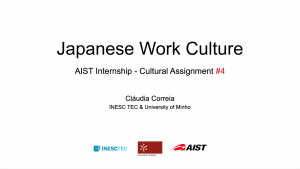
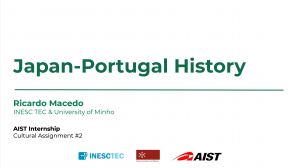
Although these assignments were an excellent way to learn more about Japanese culture, they cannot replace the extraordinary opportunity of experiencing Japan’s customs and traditions first hand. Bearing this in mind, and although it was not possible to carry out this internship in Tsukuba, the invitation for a future visit to AIST remains standing.
Cláudia Correia, MSc Student
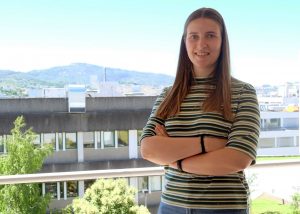
“This internship proved that the ‘distance’ factor is not an obstacle to discover new cultures or even new ways of working. Although it was not possible to experience it in person, the cultural assignments we’ve carried out throughout the weeks helped us get to know Japan. The weekly meetings we had during the course of the internship were important to discuss much more than professional knowledge, even allowing us to share personal stories and experiences. The opportunity to communicate with brilliant researchers, such as Dr. Jason Haga and Dr. Yusuke Tanimura, was very rewarding and, without a doubt, an important advantage. In general, the experience was extremely fulfilling and, taking into account the situation we are currently experiencing, it was a way to visit a different country, without risking ourselves and our health!”
Ricardo Macedo, PhD Student
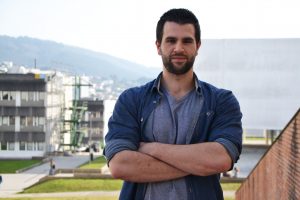
“It was a positive experience. Given the situation we are facing, I believe that we have managed, as far as possible, to make the most of this internship. From a professional point of view, it was an excellent opportunity. I had the pleasure of working with an exceptional research team, as well as having privileged access to top and highly specialized hardware.
Although visiting Japan was already on the bucket list, even before this internship, I definitely became more intrigued and eager to go there, as soon as we have adequate conditions to do so.”
These virtual internships were carried out in the frame of the MoU between INESC TEC and AIST, signed in 2019.


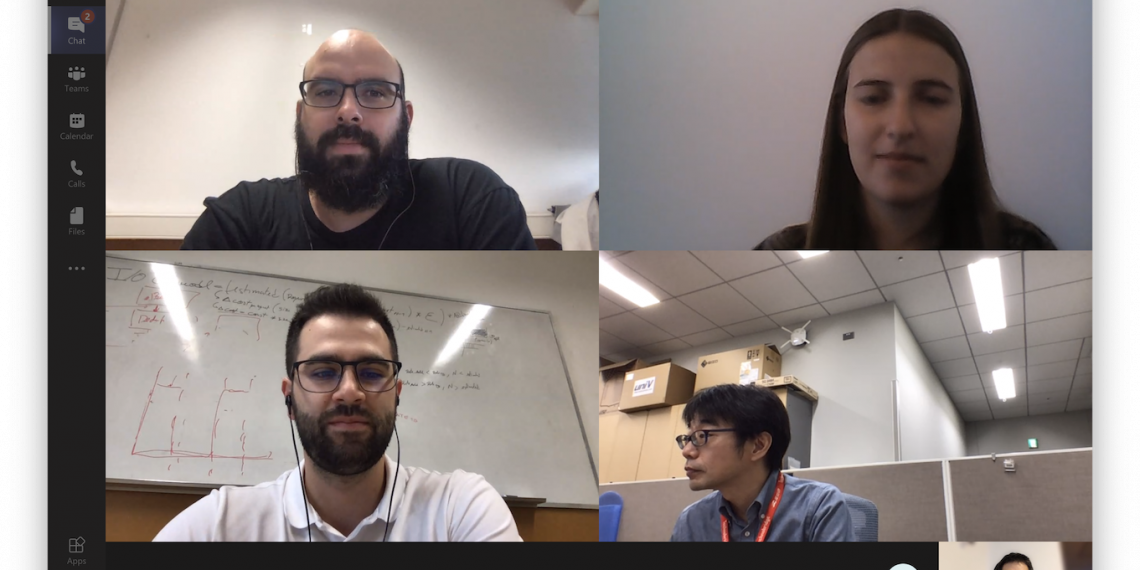

 News, current topics, curiosities and so much more about INESC TEC and its community!
News, current topics, curiosities and so much more about INESC TEC and its community!